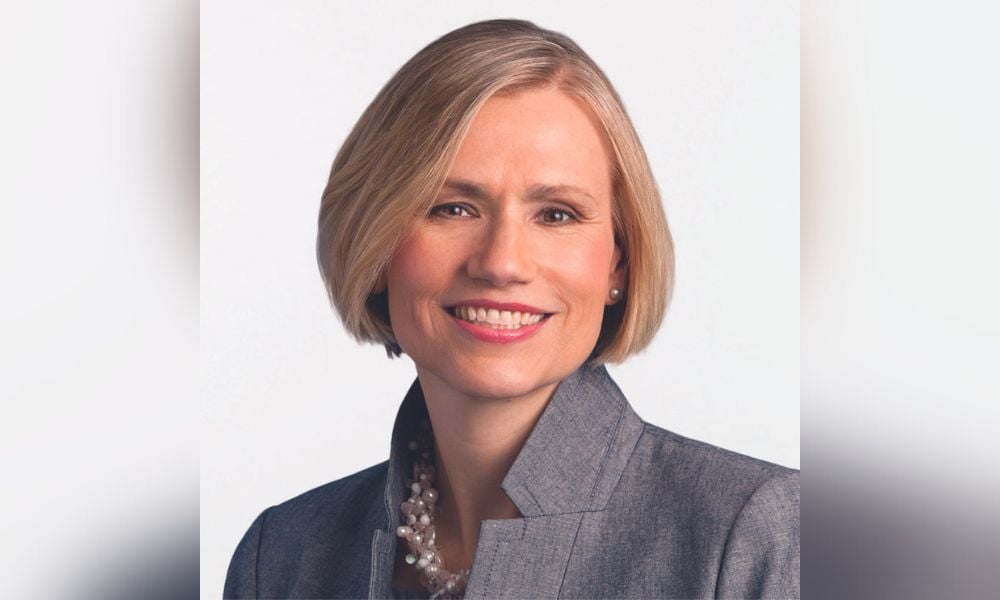Here's why investors should diversify across equities, fixed income, and alternatives

Canada is not the only country facing an economic slowdown. Several others are also facing the same reality, even as they continue to battle inflation.
“Many central banks are on the move, and economic data can be quite concerning, depending on the country,” said Kristina Hooper, Invesco’s Chief Global Market Strategist.
“There will likely be more market volatility, especially given heightened geopolitical tensions and the potential for downward earnings revisions. I believe the best we can do as investors is maintain a long-term perspective. That means being well diversified across equities, fixed income, and alternatives – and being tactically opportunistic if comfortable.”
Hooper noted that Canada’s central bank seems to be doing better than others at slowing its economy. While July job losses were higher than expected, they were still modest. Average hourly wages also rose less in July than June. But, she anticipated that the Bank of Canada would continue to raise rates “despite its mega rate hike of 100 basis points just a few weeks ago”.
U.S.A.
In the U.S., Hooperp said, “it might not feel like a recession, but it feels like a slowdown. There is definitely real consumer pain. It has been reported that more Americans are skipping meals because of higher food prices. Households are racking up credit card debt, likely because they can’t afford living expenses. All that shouldn’t be a surprise given that real incomes have fallen significantly this year.”
While job numbers increased in July, she noted that many of those were part-time. While purchasing was expanding, she said, “the U.S. economy is most definitely not on fire.”
In fact, despite the Federal Reserve’s very rapid and substantial tightening, and indications it may have a 75 basis point hike in September, the U.S. economy seems to still be resilient, despite the U.S. gross domestic product (GDP) contracting for two consecutive quarters. But, she noted that much of the Fed’s tightening has not yet turned up in the economic data, so it is only a matter of time before the signs of a slowdown show up in the job reports and elsewhere.
United Kingdom
The Bank of England has surprised some with its latest inflation forecasts, now anticipating that inflation will peak at 13.3% in October. She said it is expected to remain in the double-digits until the second half of next year, even if the United Kingdon economy is in recession.
It hiked rates 50 basis points this week, which it hadn’t done in more than a quarter century.
“It seems reasonable to expect the Bank of England to hike another 50 basis points in September,” said Hooper, “although the demand outlook may restrict further hikes to 25 basis points.”
Eurozone
Inflation is also on fire in the eurozone, even though its economy is coming under very substantial pressure. Its GDP contracted in July with soaring inflation, rising interest rates, and concerns about energy supply leading the biggest drops in output and demand in almost a decade, barring pandemic lockdown months.
“It is going to be harder to stop eurozone inflation because most of it is not demand-driven,” said Hooper. “So, the European Central Bank might ‘stop’ the economy before it ‘stops’ inflation.
China
China’s economy is still recovering from COVID lockdowns, but it’s property sector is facing headwinds. It is trying to calm its housing market as a significant portion of Chinese households have stopped paying their mortgages on properties that are under construction because developers have stopped building them. China will likely encourage them to pay on time or face legal action from the banks while also providing developers with more liquidity to restart dormant projects.
“We believe the government has the tools to ensure these risks don’t spread to the financial system,” said Hooper, who is optimistic that this issue should be quickly resolved.



